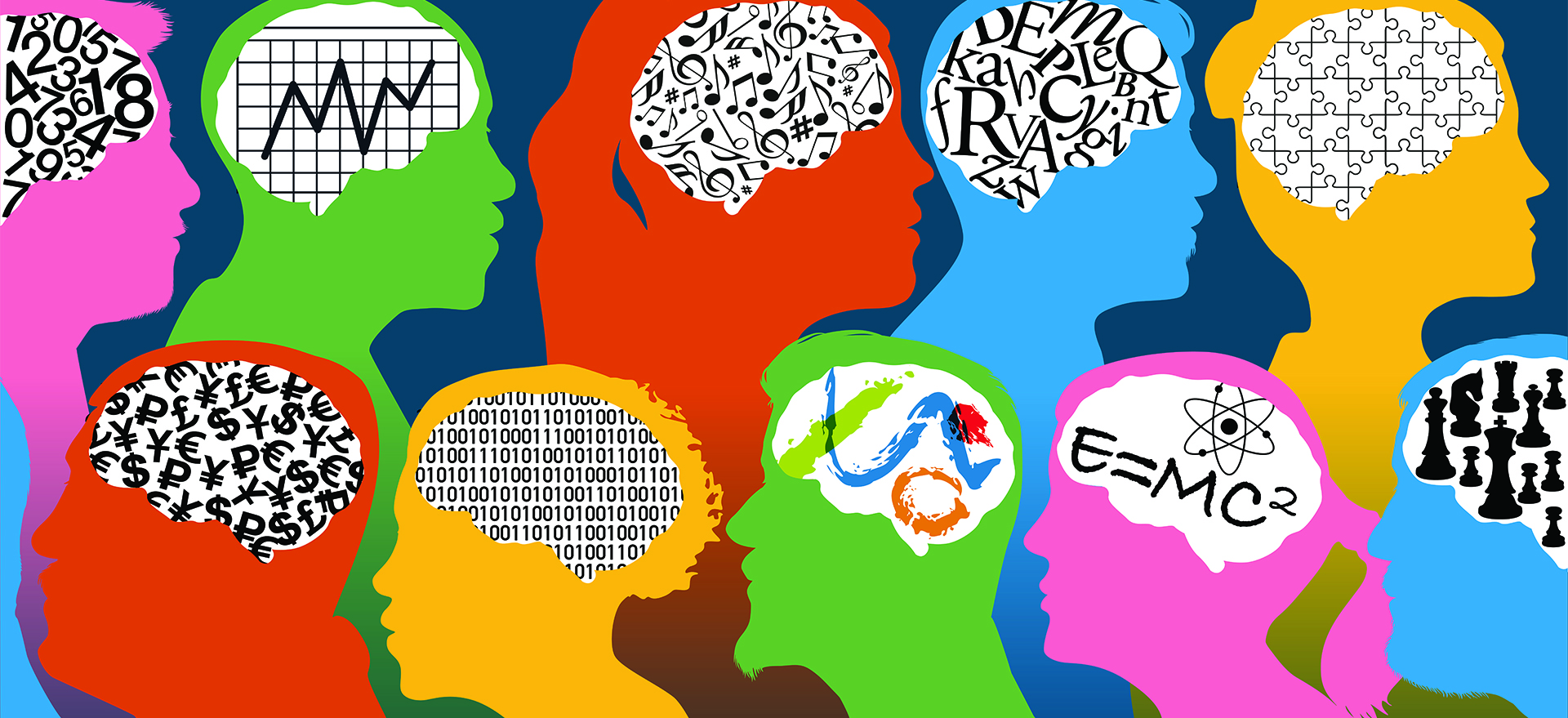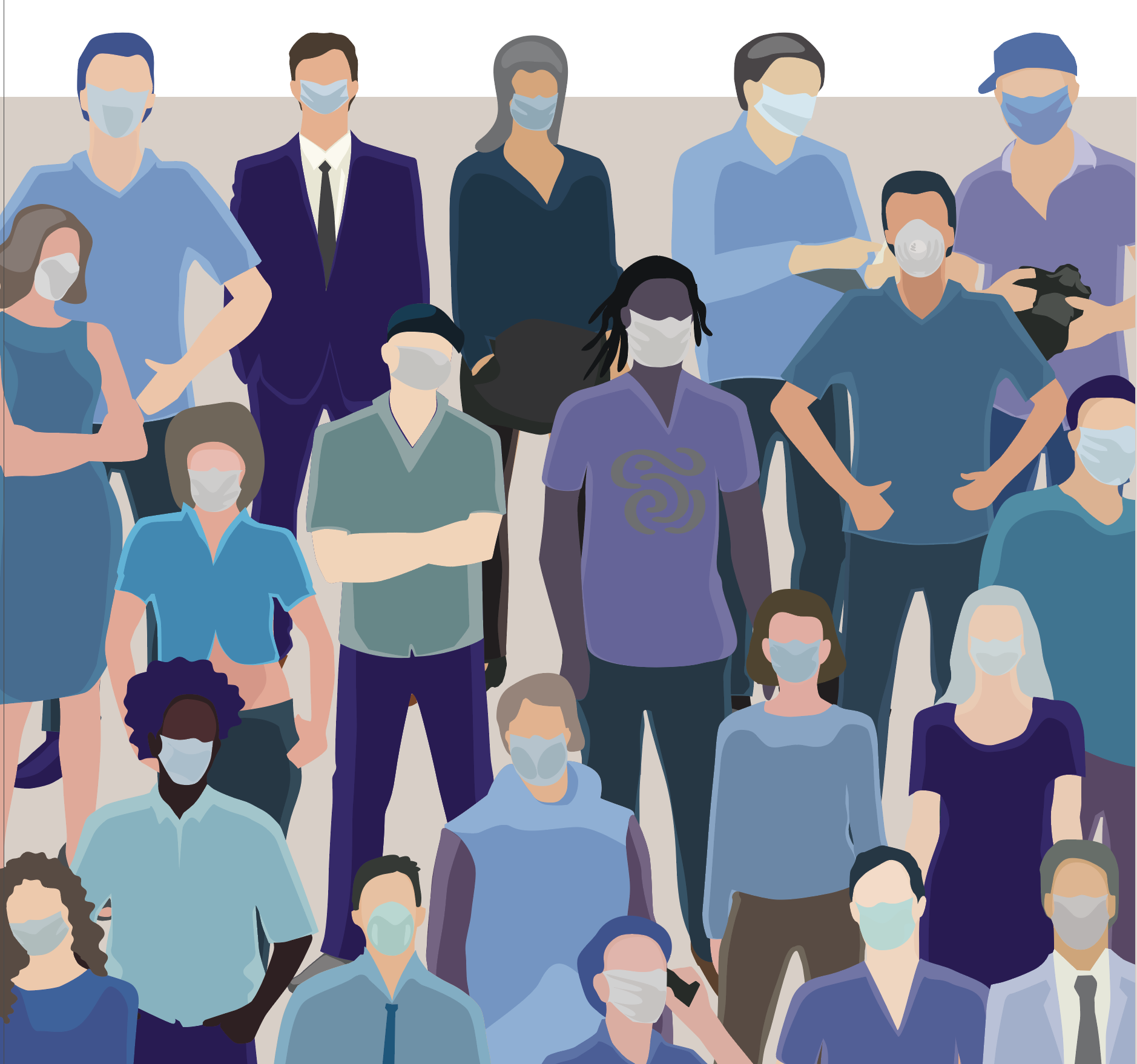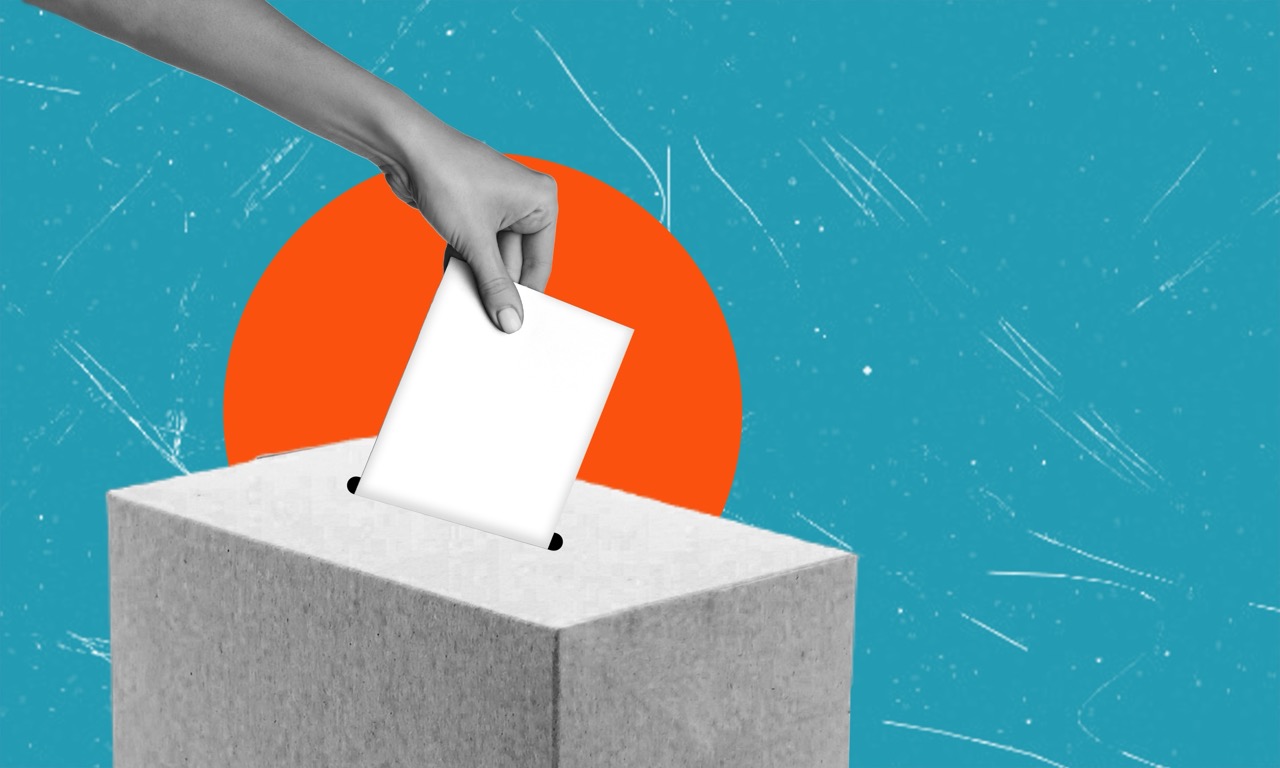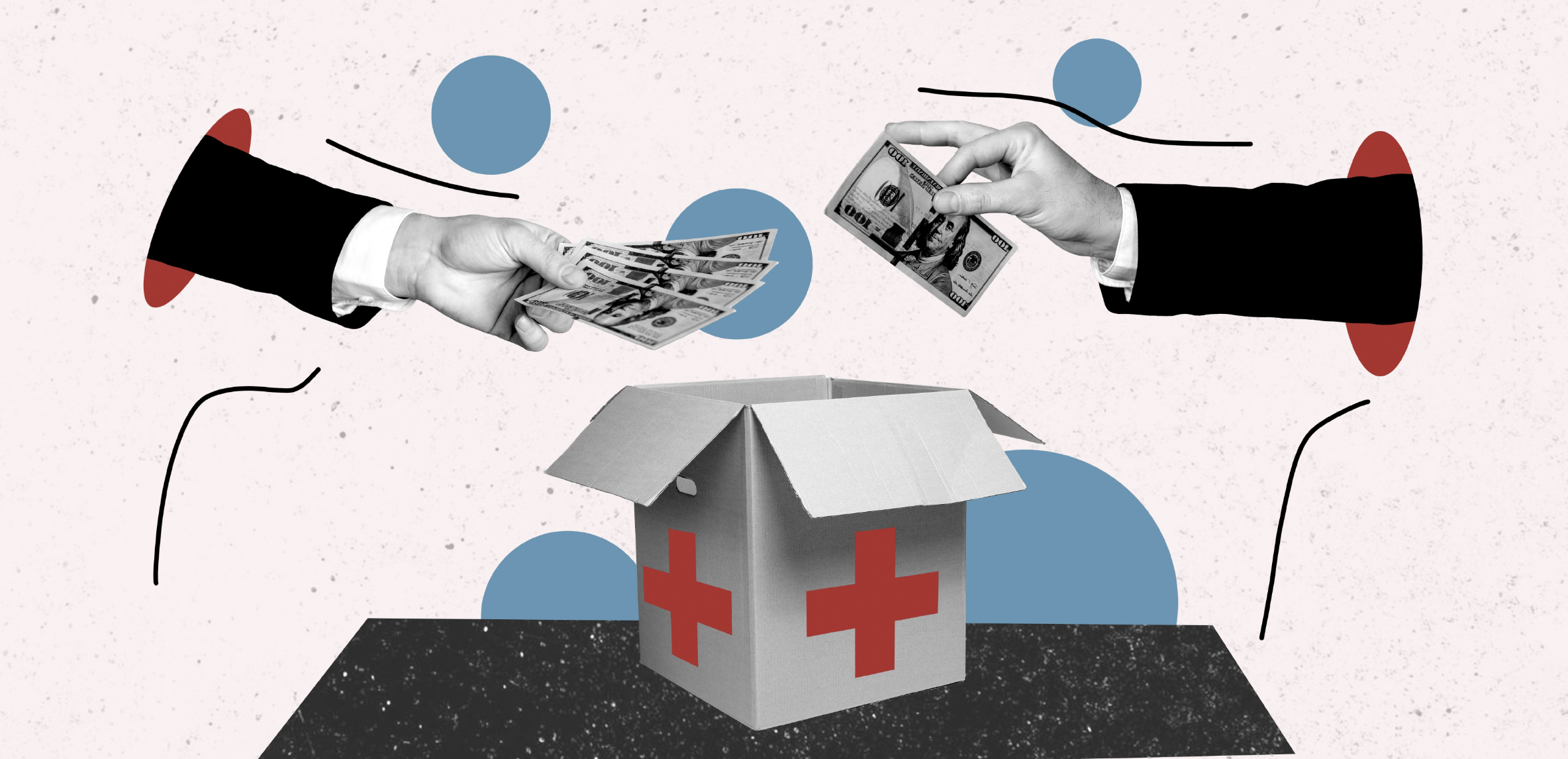Critical thinking
Chronic fear and anxiety have profound effects on health, yet they’re a state of existence for millions of people fleeing from danger. A healthy environment is critical to a healthy brain – and safety
is a prerequisite
Fear is among the strongest human emotions. In the short term, fear protects us in danger. In the long term, continuous fear with no escape has serious physical and mental consequences. The invasion of Ukraine has made fear and anxiety the daily long-term reality for its inhabitants, the more than 14 million refugees and the many who host them.
Fear and anxiety are part of the evolutionary ‘fight or flight’ mechanism. However, being in a continuous state of readiness disrupts individuals’ circadian (24-hour) rhythm and makes them prone to peptic ulcers and memory loss. Chronic fear and anxiety also bring many other disorders, especially among children, who can be traumatised for life. As we witness the cold-blooded barbarism of one man’s crimes, committed by many, and atrocities perpetrated by a few, other human traits shine through: heroism, resilience and compassion in even greater measure. Among Ukrainians it is a response to the existential threat to their lives, homes and homeland. The empathy and compassion of those helping them arise from the monumental injustice of being attacked without provocation or justification, echoing 1941, when both Ukrainians and Russians were the victims. Ironically and tragically, Russia is doing to Ukraine what was done to them together by Germany. And the former aggressor now helps to find an end to the current tragedy.
The health, mental and social consequences of the invasion raise a larger issue. Safety concerns us all since it is an essential prerequisite for brain health, defined as “a state of optimal physical, mental and social wellbeing through the continuous, balanced, development and exercise of the brain’s cognitive, emotional and social capacities”.
Facts and fiction
In an authoritarian country, it is difficult to act because of repression and misinformation. However, ultimately even in a dictatorship, people can act successfully. Regretfully, in all types of regimes and countries some measure of unwarranted control and misinformation exist. So, the first step is to exercise the brain’s ability to think critically and learn to separate facts from spin or sheer lies. The pandemic has shown that our thinking cannot be optimal if we are fearful, anxious or depressed or when we are isolated. Many people experienced this during the pandemic. We were afraid to contract the virus and become sick and die; we were anxious about what would happen next, sometimes to the extent of depression, all compounded by the soul-searing effects of isolation.
Politics and health are closely intertwined. If you are insecure, you cannot think well and might not act optimally; if you are deprived of social interactions, your mental state will not allow you to do your best. In short, brain health – necessary for health, productivity and well-being – will be affected.
The privilege of freedom
Those of us living in G7 countries are fortunate, because of the quality of life, and the privilege of freedom. We have the power to choose leaders who champion our values. As citizens of the world, we have a duty to fight one of the great evils of history – ideology in all its malignant forms. Religious wars, presumptions about racial or ethnic superiority, and one-size-fits-all political systems leave much sorrow in their wake. Each time we fail to vote or raise our voices, we fail to promote security by allowing demagogues and opportunists to get into positions where they can do harm. We also need to tackle related problems, including weather instability and pollution, through agendas such as the Sustainable Development Goals. The primacy of our individual and our collective brain health is at the core of the solutions. As the site of all our experiences and the source of all our actions, we need to foster our brain health individually and collectively. Given that one cannot have a healthy brain in an unhealthy environment, we need to expand our definition of brain health to “a state of optimal cognitive, mental and social well-being in a healthy, safe, physical and societal environment and key to health, productivity and well-being.”
G7 leaders are acting in the spirit of the United Nations Declaration of Human Rights: “everyone has a right to life, liberty and security of persons.” They can do even more by adopting brain health as the top priority, since it is a key to all solutions in our knowledge-based economies and the rapidly digitising and cognitively more demanding world.
This should be common sense.












